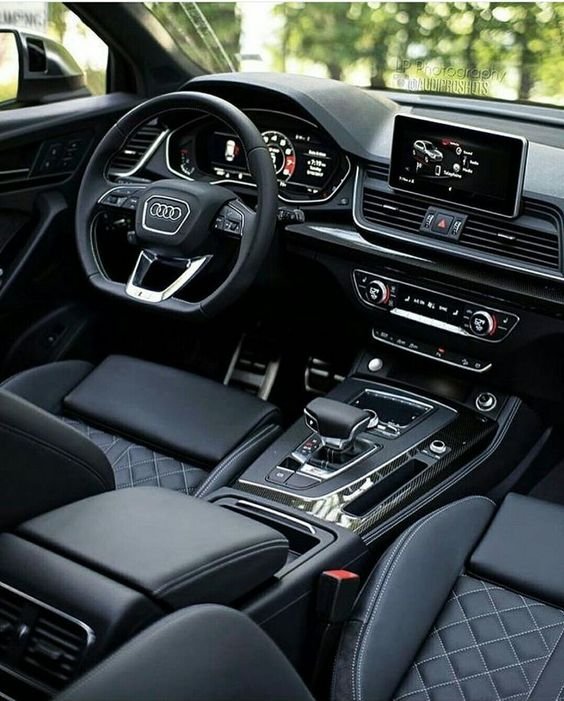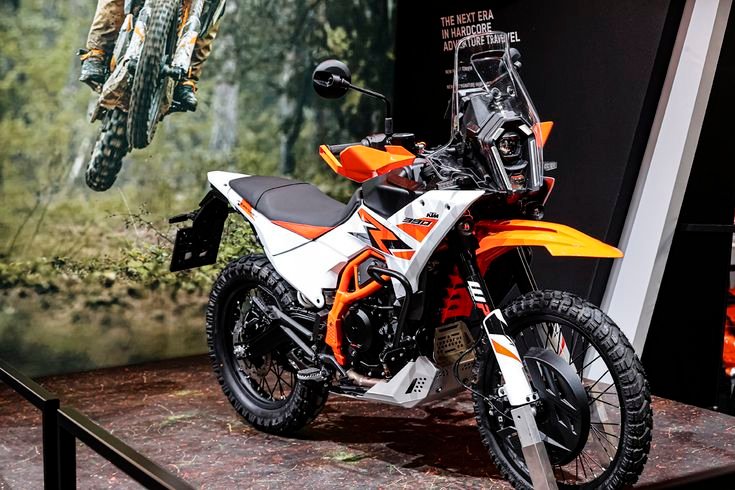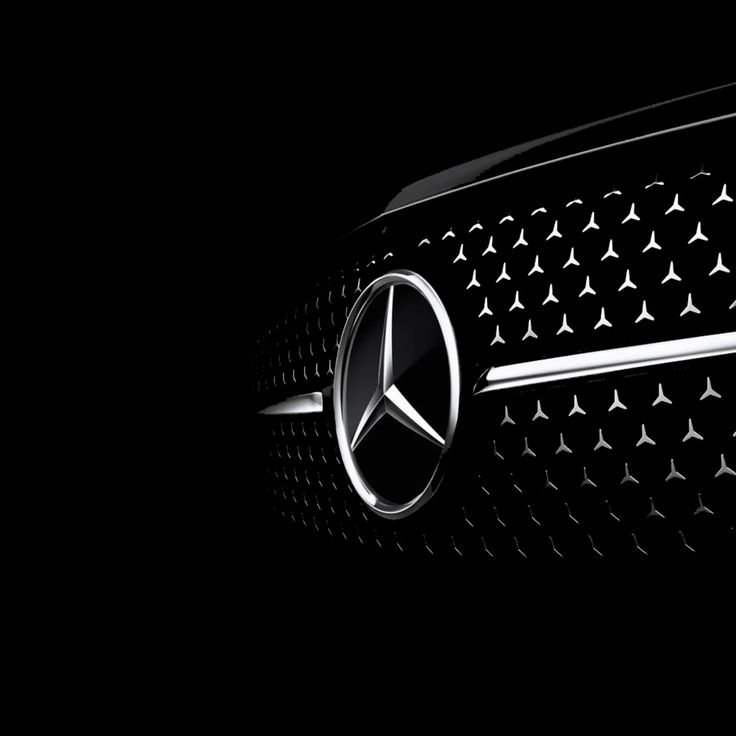
Mercedes-Benz, a leading global luxury car manufacturer, has voiced strong support for the Indian government’s efforts to promote electric vehicles (EVs). In a recent interview, Santosh Iyer, Managing Director and Chief Executive Officer of Mercedes-Benz India, praised the Central government’s “clear stand and focus” on the transition from internal combustion engine (ICE) cars to electric vehicles. The carmaker’s endorsement comes in the wake of statements from India’s G20 Sherpa, Amitabh Kant, underscoring the government’s commitment to maintaining favorable tax policies for EVs to support their adoption in the country.
As India aims for carbon neutrality by 2070, the automotive sector is at a crossroads. While some automakers are pushing for tax reductions on hybrid cars, arguing they offer a bridge to a greener future, others, like Mercedes-Benz, are fully backing the EV transition. This article explores the significance of Mercedes-Benz’s support for India’s EV policy, the broader context of the country’s EV market, and the potential challenges and opportunities ahead.
The Government’s Stance on EVs and Hybrid Cars
India’s ambition to become carbon neutral by 2070 has led to a major policy push toward cleaner transportation options. Central to this policy is the preferential tax treatment for electric vehicles. As per the recent statements by Amitabh Kant, the government plans to continue with a 5% Goods and Services Tax (GST) on EVs and a 48% effective tax rate on hybrid cars for a “long period of time.” This differentiation in tax rates is intended to encourage a faster transition to fully electric cars, seen as the most sustainable option for reducing vehicular emissions.
Santosh Iyer of Mercedes-Benz India has welcomed this clear policy direction. He acknowledged the high costs associated with electric car technology, especially in its nascent stages, and emphasized the need for governmental support to help initial adopters. According to Iyer, maintaining a lower tax rate on EVs is essential to bring down prices, making them more accessible to consumers, and accelerating their adoption.
Mercedes-Benz’s Commitment to Electric Vehicles
Mercedes-Benz’s support for India’s EV policy aligns with its global strategy to electrify its fleet. The company recently launched the Maybach EQS 680, its first electric luxury sport utility vehicle (SUV) in India, with a starting price of Rs 2.25 crore (ex-showroom). The Maybach brand represents the epitome of luxury and innovation for the German carmaker, and the introduction of an electric version in India reflects its commitment to the electric transition.
Mercedes-Benz’s decision to launch the Maybach EQS 680 in India signals the company’s belief in the country’s EV market potential. According to Iyer, India is already one of the top 10 markets for Maybach vehicles globally, and there is significant demand among the country’s affluent consumers for premium electric vehicles that offer luxury, comfort, and cutting-edge technology. The EQS Maybach, with features such as a champagne holder and mini fridge, caters to this demand, offering a no-compromise option for high-end customers looking to make the switch to electric.
The Role of Policy Support in EV Adoption
Policy support plays a critical role in shaping the future of the EV market in India. The government’s decision to keep GST on EVs at 5% while maintaining a much higher rate for hybrids is a clear indication of its commitment to promoting electric mobility. This move is designed to make EVs more affordable and competitive, particularly as the cost of electric vehicle technology remains high due to expensive batteries and other components.
Iyer praised the government’s approach, stating, “The government is doing all the right things. At the central level, they have a clear distinction between electric cars, which are at 5% GST, and other types of cars. At the level of state governments, most of them are offering zero road tax on electric cars. This drives down EV prices and helps EV adoption for sure.”
The policy framework in India is thus geared towards creating an environment conducive to the growth of the EV market. For instance, many state governments have abolished road tax for EVs, further reducing the overall cost of ownership. These measures, combined with central government incentives, are expected to drive demand for electric vehicles across different segments of the market.
The Debate Over Hybrids vs. Full Electric Vehicles
Despite the push for EVs, the automotive industry in India is divided over the best path to decarbonization. Japanese car manufacturers like Maruti Suzuki, Toyota, and Honda have advocated for tax cuts on hybrid cars, arguing that a complete switch to EVs might not be feasible in the short term due to infrastructural limitations, such as the lack of widespread charging facilities. They argue that hybrid vehicles, which combine an internal combustion engine with an electric motor, offer a more practical solution for reducing emissions in the near term.
However, companies like Mercedes-Benz, Tata Motors, Hyundai, Kia, and Mahindra & Mahindra are championing a full commitment to EVs. These manufacturers believe that only a complete transition to electric vehicles can truly achieve the goals of reducing emissions and meeting India’s carbon neutrality target by 2070.
Iyer emphasized the importance of educating customers about the benefits of EVs, stating, “India’s future depends on how fast we do our green transition. We are committed to the same. It is important that we educate our customers to transition towards EVs.”
Challenges in the Path to Electric Mobility
- High Initial Costs and Price Sensitivity: One of the primary challenges facing the adoption of EVs in India is the high cost of electric vehicles. Despite government incentives and tax breaks, the initial price of EVs remains significantly higher than that of traditional ICE cars. This is primarily due to the cost of batteries, which make up a substantial portion of an EV’s price. Although the cost of battery technology is gradually decreasing, it is still a significant barrier to mass adoption, particularly in a price-sensitive market like India.
- Limited Charging Infrastructure: The availability of adequate charging infrastructure is another major hurdle in the transition to electric vehicles. While the government is working on expanding the network of public charging stations, the current infrastructure remains insufficient to support widespread EV adoption. Many potential EV buyers are concerned about range anxiety – the fear that their vehicle will run out of power before reaching a charging station. Addressing this issue will require significant investment in charging infrastructure from both the public and private sectors.
- Consumer Awareness and Acceptance: Despite growing interest in electric vehicles, many consumers in India remain hesitant to make the switch due to a lack of awareness about the benefits of EVs and concerns about their reliability, range, and resale value. Educating consumers about the advantages of electric mobility and dispelling misconceptions will be crucial in driving adoption.
- Supply Chain and Production Challenges: The global supply chain disruptions caused by the COVID-19 pandemic and geopolitical tensions have also impacted the production of electric vehicles. Shortages of critical components, such as semiconductors, and rising prices of raw materials like lithium and cobalt have created additional challenges for automakers looking to ramp up EV production. These supply chain issues need to be addressed to ensure the smooth and timely delivery of electric vehicles.
Opportunities in India’s EV Market
Despite these challenges, there are significant opportunities in India’s EV market:
- Growing Consumer Interest: The demand for EVs is steadily increasing, as evidenced by the growth in Mercedes-Benz’s electric vehicle sales in India. The company reported that about five percent of the vehicles sold in the first half of 2024 were electric, compared to just two percent in the same period last year. This growth indicates a rising acceptance of EVs among Indian consumers, particularly in the luxury segment.
- Government Initiatives and Incentives: The Indian government’s commitment to promoting electric mobility through favorable policies and incentives provides a strong foundation for the growth of the EV market. Continued support from the government, in the form of tax breaks, subsidies, and investment in charging infrastructure, will be crucial in driving the adoption of electric vehicles.
- Technological Advancements: Ongoing advancements in battery technology, such as the development of solid-state batteries, promise to reduce the cost and improve the performance of electric vehicles. As these technologies become more widely available, they are likely to make EVs more affordable and appealing to a broader range of consumers.
- Growing Interest from High-End Consumers: The launch of the Maybach EQS 680, aimed at celebrities, industrialists, and other affluent customers, reflects the growing interest in premium electric vehicles. This segment of the market offers significant potential, as high-end consumers are often early adopters of new technologies and can drive demand for luxury electric vehicles.
The Way Forward for Mercedes-Benz in India
Mercedes-Benz’s strategy in India involves a strong focus on expanding its electric vehicle portfolio while continuing to cater to the high-end luxury segment. The company’s decision to introduce the Maybach EQS 680 and the positive response it has received reflects its confidence in the Indian market’s potential for luxury EVs.
Looking ahead, Mercedes-Benz plans to continue investing in the Indian market and expanding its range of electric vehicles. The company aims to leverage its global expertise in electric mobility to offer a wide range of electric vehicles, from luxury sedans to high-performance SUVs, catering to the diverse needs of Indian consumers.
Conclusion
The future of electric vehicles in India looks promising, thanks to a combination of supportive government policies, growing consumer interest, and technological advancements. Mercedes-Benz’s endorsement of the government’s EV policy and its commitment to expanding its electric vehicle lineup in India underscore the company’s belief in the market’s potential.
However, the transition to electric mobility will not be without challenges. High costs, limited charging infrastructure, and consumer hesitancy are significant barriers that need to be overcome. As Mercedes-Benz and other automakers continue to navigate these challenges, their strategies will play a crucial role in shaping the future of the Indian EV market.
Ultimately, achieving India’s goal of carbon neutrality by 2070 will require a concerted effort from all stakeholders, including the government, automakers, and consumers. By working together to address the challenges and capitalize on the opportunities, India can pave the way for a cleaner, greener, and more sustainable automotive future.
ALSO READ: How to Prepare Your Car for a Road Trip





